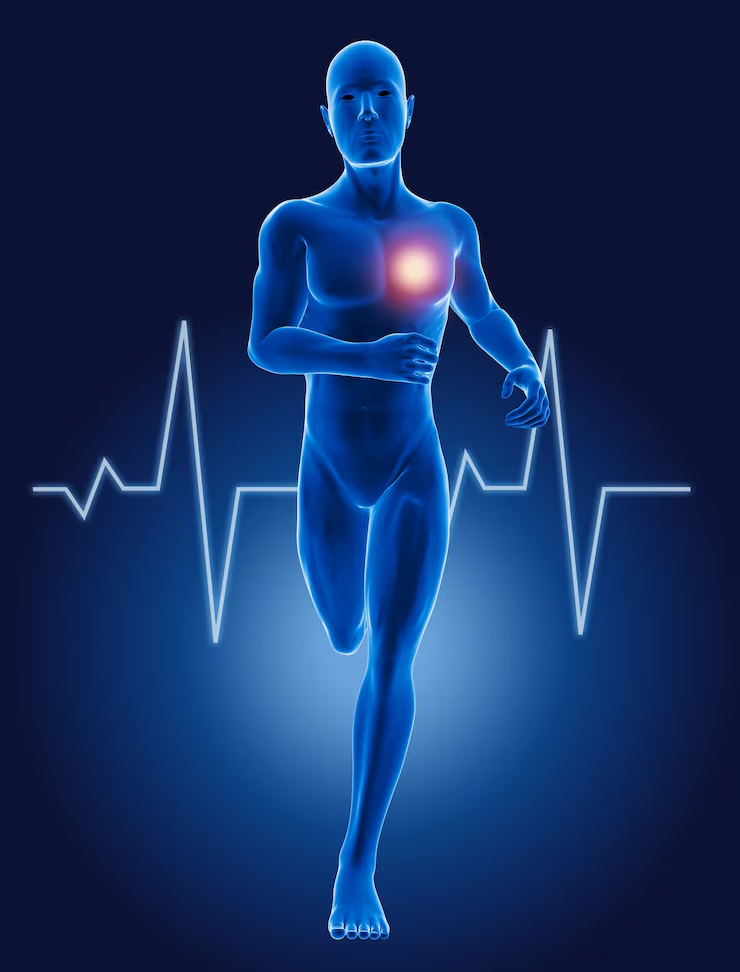Welcome to the Cardiovascular Parts quiz! In this quiz, you will test your knowledge on the different parts of the cardiovascular system, which includes the heart, blood vessels, and blood. Get ready to learn about how these parts work together to keep your body healthy and functioning correctly.
From the pumping action of the heart to the intricate network of blood vessels, the cardiovascular system is truly fascinating. As you take this quiz, pay attention to the roles that each part plays in circulating oxygen and nutrients throughout your body. Are you ready to explore the world of cardiovascular components? Let’s get started!
Play Cardiovascular Parts Quiz
Instructions
- This quiz is multiple choice.
- Read each question carefully before selecting an answer.
- Choose the best answer for each question.
- You will see the missed questions with correct answers at the end of the quiz.
Quick Facts
- The heart is a key component of the cardiovascular system, responsible for pumping blood throughout the body.
- Blood vessels, such as arteries and veins, play a crucial role in transporting blood to and from the heart to all parts of the body.
- The aorta is the largest artery in the body, carrying oxygen-rich blood away from the heart to the rest of the body.
- The heart has four chambers: the left and right atria, and the left and right ventricles, which work together to pump blood effectively.
- The cardiovascular system also includes the pulmonary arteries and veins, which are responsible for carrying blood to and from the lungs for oxygenation.
- The heart valves, such as the mitral and aortic valves, help regulate blood flow and prevent backflow of blood in the heart.
- The coronary arteries supply oxygen-rich blood to the heart muscle, ensuring that the heart has the necessary nutrients to function correctly.
- The cardiovascular system works in tandem with the respiratory system to ensure that oxygen is delivered to all parts of the body and carbon dioxide is removed efficiently.
- Regular exercise and a healthy diet are essential for maintaining the health of the cardiovascular system and reducing the risk of heart disease.
- Conditions such as high blood pressure, atherosclerosis, and heart failure can impact the function of the cardiovascular system and require medical intervention.
Downloads
Study Tips
- Create a study schedule and stick to it.
- Find a quiet and comfortable study environment.
- Remove distractions such as phones and social media.
- Take breaks every 25-30 minutes to avoid burnout.
- Use active studying techniques like summarizing, highlighting, and teaching concepts to someone else.
- Practice retrieval by testing yourself with flashcards or practice quizzes.
- Stay organized with notes, study guides, and resources.
- Stay hydrated and eat brain-boosting foods like fruits, nuts, and whole grains.
- Get enough sleep to improve memory retention and cognitive function.
- Reward yourself for reaching study goals to stay motivated.
